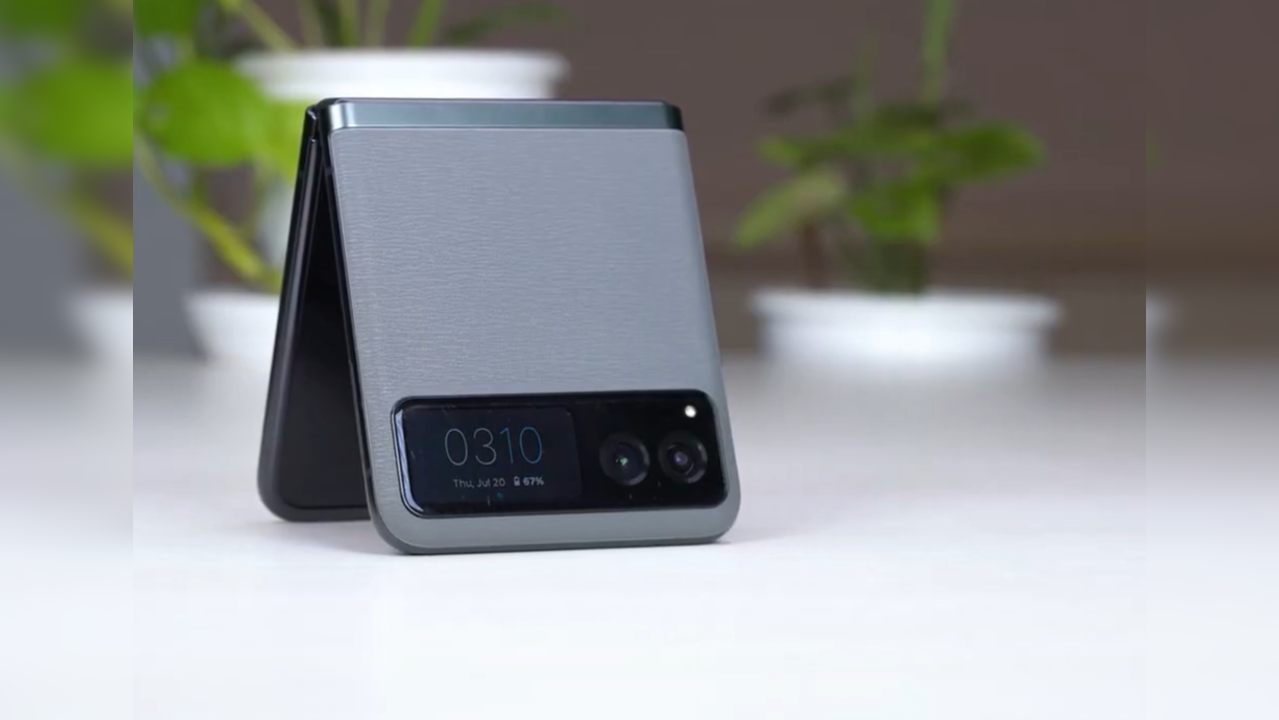
The novel coronavirus pandemic has been one of the most life-changing events on a global scale, affecting almost every person. It forced everyone indoors and that included people who needed regular medical attention. However, just as in work and education, people began to rely on video meeting services like Microsoft Teams, Google Meet, Zoom, Cisco Webex and many more for consulting doctors for their ailments. Now, more and more people, people who are unable to visit their doctors and therapists have begun to use these platforms to get cured. However, know that there are certain disadvantages of telemedicine.
However, while video meeting apps have certainly made things a lot more convenient for patients and doctors, there is no single solution that suits every situation. A recent study reportedly revealed that treating and evaluating patients with voice and speech disorders was challenging, as these platforms were reportedly unable to capture sounds accurately, according to a report by IANS.
Also read: Looking for a smartphone? Check Mobile Finder here.
More From This Section
The report is based on the findings of a study conducted by researchers at Boston University, who found that these platforms use technology of their own to deal with background noise. The tech that they use reportedly causes distortions that adversely impacted the acoustic recordings used by voice therapy specialists, according to the report.
Hasini Weerathunge, one of the graduate researchers at the university’s Rafik B. Hariri Institute for Computing and Computational Science & Engineering, worked with other researchers to test five of these platforms: Cisco Webex, Microsoft Teams, Doxy.me, VSee Messenger, and Zoom. These platforms have increasingly been used for telemedicine since the pandemic began.
In order to conduct the tests, the researchers recorded the audio from 29 patients who were between 18 to 82 years old and then played these back using a speaker, to researchers that were on the other end of a video meeting platform. According to the report, all the platforms could not capture dynamic range (for vocal loudness) and pitch accurately, along with other parameters for speech evaluation. However, the researchers did find that Zoom was the only platform that allowed users to turn off their audio enhancements.
As a result, the team has urged caution while using these platforms for telemedicine, where voice and speech therapy were concerned, as the results showed differences in data collected from these platforms compared with when they were collected in person, according to the report.
Telemedicine tools not effective for treating disorders like voice and speech; experts warn over Google Meet, Zoom trend - HT Tech
Read More

No comments:
Post a Comment